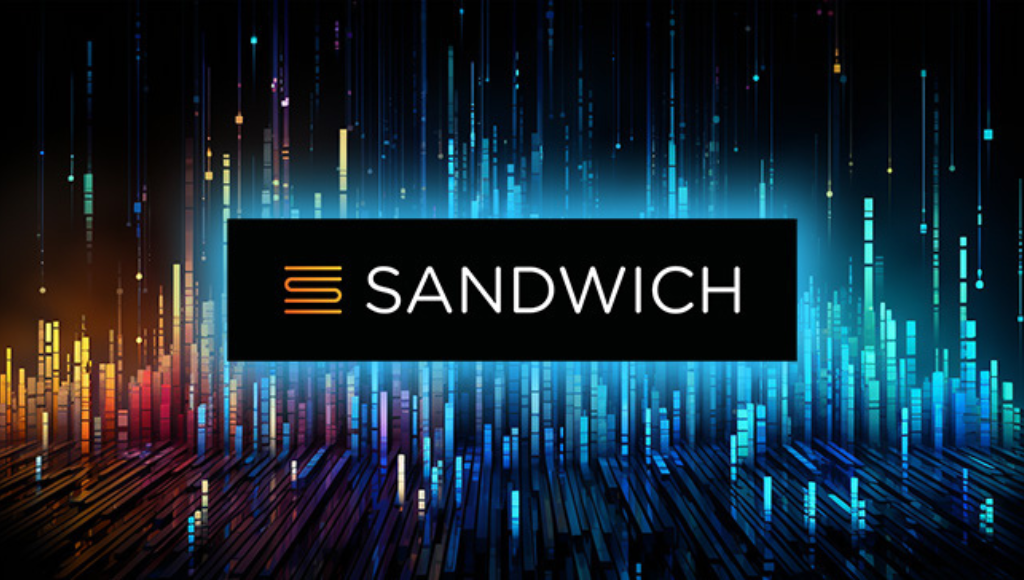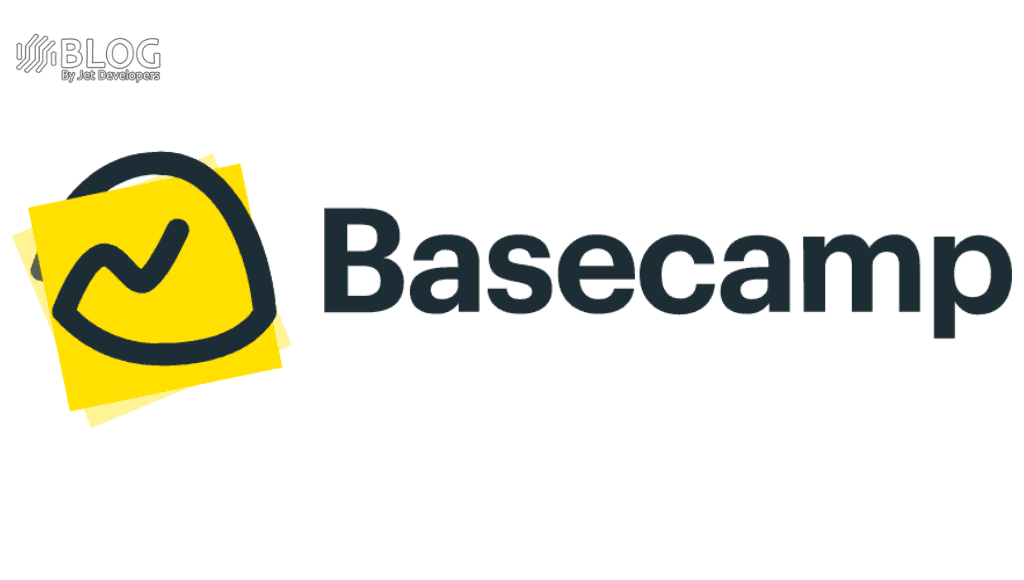SandboxAQ, a cutting-edge quantum technology platform driven by AI, has unveiled an open-source framework called Sandwich, which aims to revolutionize contemporary cryptography management. The platform’s primary objective is to propel organizations toward achieving cryptographic agility.
This innovative solution provides developers with a unified API, enabling them to seamlessly integrate chosen cryptographic algorithms into their applications. By offering this agility, the platform allows for rapid adaptation to evolving technologies and emerging threats, thereby reducing the need for extensive code rewrites.
Furthermore, Sandwich empowers developers with enhanced observability and control over cryptographic operations, bolstering the overall cybersecurity protocols of organizations.
Graham Steel, the head of product at SandboxAQ’s quantum security group, highlighted that the conventional methods of cryptography management have struggled to keep up with the demands posed by new technology stacks and agile development practices. He emphasized that this challenge is compounded by the necessity for greater cryptographic agility to safeguard organizations against existing and future threats emanating from quantum computers. The platform’s API serves as a solution by simplifying cryptography manipulation, helping developers avoid common mistakes and enabling audit teams to swiftly verify the adherence to cryptographic policies.
The central concept behind Sandwich is its ability to abstract cryptography from application code, creating a crypto-agile architecture. This architecture empowers developers to effortlessly update and replace algorithms whenever necessary. The API facilitates updates to the cryptography layer, ensuring the integrity of applications without concerns about disruptions or additional coding requirements.
The framework is equipped with libOQS, which streamlines access to novel post-quantum cryptography (PQC) algorithms developed by The National Institute of Standards and Technology (NIST).
Sandwich supports multiple programming languages, including C/C++, Rust, Python, and Go, as well as various operating systems like MacOS and Linux. This flexibility offers developers the freedom to work in their preferred environment and easily access popular cryptographic libraries, including new post-quantum cryptography algorithms from NIST.
Steel underscored that the support for multiple languages, operating systems, and cryptographic libraries simplifies the secure implementation of cryptography into applications, while maintaining the adaptability to developers’ coding preferences.
The framework also streamlines cryptographic security and management through the adoption of modern DevOps practices. It offers industry-standard protocols that make it easier for developers to integrate proven cryptographic methods into applications. These methods are available in runtime as cohesive cryptographic objects called “sandwiches.”
The three-step process of “sandwich” creation reduces implementation complexity, wherein developers select the desired protocol and preferred implementation, and the framework constructs these components into a secure tunnel interfacing with the application via the Sandwich API.
Steel emphasized that the Sandwich API ensures the correct and secure implementation of application cryptography. It verifies newly updated cryptography for configuration errors, vulnerabilities, and performance issues, enhancing cryptographic agility by allowing developers to swap out cryptographic libraries as technologies and threats evolve, all without necessitating code rewrites.
The framework’s abstraction offers programming flexibility, shielding developers from the intricacies of cryptographic library utilization. Once integrated, the Sandwich framework empowers developers to swiftly update their cryptography through the API, eliminating the need for code rewrites and expediting application transitions to production.
Steel stated that as fault-tolerant quantum computers emerge, crypto-agility will become crucial, necessitating the adoption of post-quantum cryptography algorithms. With Sandwich, developers can take a self-serve approach to implementing cryptography, speeding up the process without direct input from cryptographers or security experts.
Steel noted that the global shift to NIST’s new post-quantum cryptography algorithms will be essential to protect sensitive data against quantum computers’ decryption capabilities. By incorporating the libOQS library, Sandwich provides developers easy access to these algorithms, allowing them to experiment with cutting-edge cryptographic techniques and strike a balance between security and performance at the application level.
SandboxAQ has introduced its Security Suite, designed to discover and address cryptographic vulnerabilities through crypto-agile encryption management. The suite is already in use by numerous U.S. government agencies and enterprises, including the U.S. Air Force, DISA, the U.S. Department of Health and Human Services, SoftBank, Vodafone, Cloudera, Informatica, and several global banks and telecommunication providers.
The adoption of the Sandwich library across various dimensions within SandboxAQ’s operations has infused crypto-agility into the company’s products and catalyzed research and development efforts.
In conclusion, the Sandwich framework from SandboxAQ represents a groundbreaking advancement in cryptography management, enabling cryptographic agility, streamlined implementation, and enhanced cybersecurity across various applications and industries.






